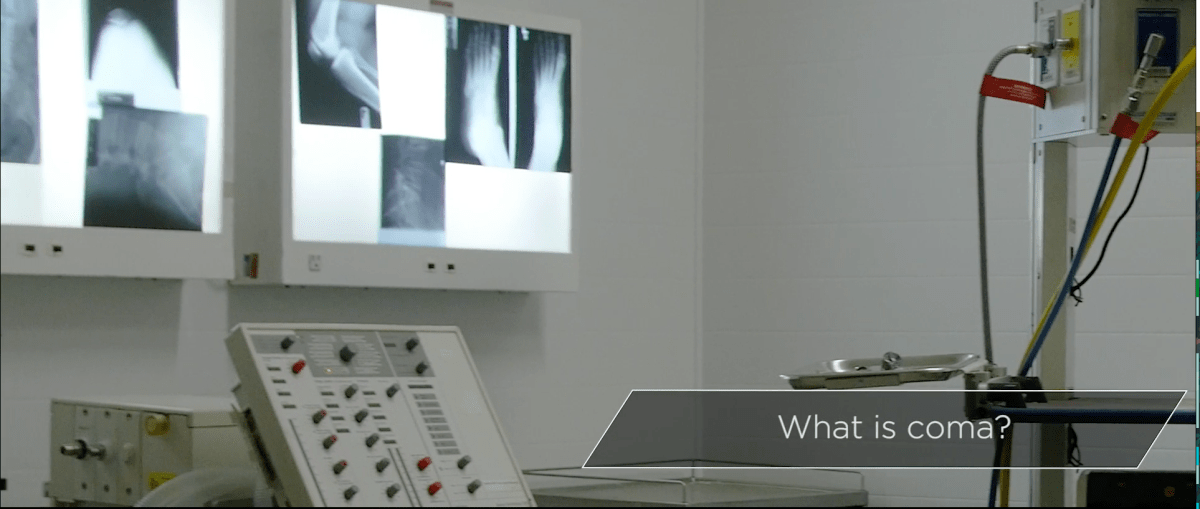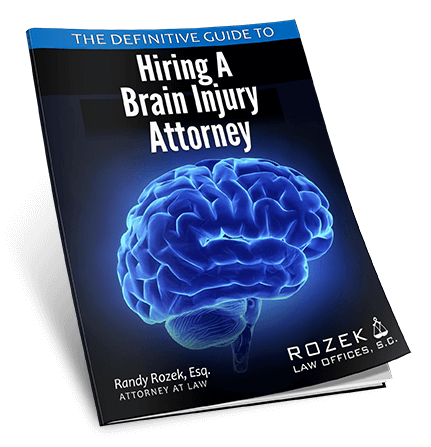Researchers discover common thread that causes damage in both stroke and TBI patients
Researchers at Johns Hopkins have recently discovered a protein at the end of a molecular chain of events when dealing with brain cell death from strokes and other injuries and diseases such as Alzheimer’s.
According to an article in Med India , the protein delivers the fatal strike to patients by carving up a cell’s DNA. Researchers say the finding could help to open up new ways to treat traumatic brain injuries, strokes and Alzheimer’s – or at least stop or weaken the process.
Ted Dawson, M.D., Ph.D., who is the director of the Institute for Cell Engineering at the Johns Hopkins University School of Medicine, along with Valina Dawson, Ph.D. and professor of neurology have studied the protein through multiple experiments conducted in laboratory-grown cells. The research builds upon these past experiments.
“Their research groups found that despite their very different causes and symptoms , injury, strokes, Alzheimer’s disease, Parkinson’s disease and the rare, fatal genetic disorder Huntington’s disease have a shared mechanism of a distinct form of ‘programmed’ brain cell death they named parthanatos after the personification of death in Greek mythology and PARP, an enzyme involved in the process,” the article reads. “I can’t overemphasize what an important form of cell death it is; it plays a role in almost all forms of cellular injury,” Ted Dawson says. His and Valina Dawson’s research groups have spent years delineating each of the links in the parthanatos chain of events and the roles of the proteins involved.”
From previous studies, the researchers had already discovered that when a protein called mitochondrial apoptosis-inducing factor (AIF) leaves its usual place in the energy-producing mitochondria of the cell and moves to the nucleus, it sparks the carving up of the genome housed in the nucleus and leads to cell death. Researchers have said the current study has completed the chain.
“But AIF itself, they say, can’t cut DNA. So then-postdoctoral fellow Yingfei Wang, Ph.D., now an assistant professor at the University of Texas Southwestern Medical Center, used a protein chip to screen thousands of human proteins to find those that interacted most strongly with AIF,” the article reads. “Working with the 160 candidates she uncovered, she then used custom molecules called small interfering RNAs to stop each of those proteins’ manufacture, one by one, in lab-grown human cells to see if doing so would prevent cell death.”
One of the 160 proteins, known as macrophage migration inhibitory factor (MIF), was a winner. While AIF binds to MIF and carries it to the nucleus — MIF chops up the DNA.
“The group reports that in work to be published, it also identified a few chemical compounds that block MIF’s action in the lab-grown cells, protecting them from parthanatos,” the article reads. “Dawson says they plan to test these in animals, and modify them to maximize their safety and effectiveness.”










Request Your Free eBook
Our office has provided information regarding the different types of Wisconsin Personal Injury Accidents that we have experience handling.
Wisconsin Accidents
Wisconsin Personal Injuries
Ready to get started?
Call us at 414-374-4444
Main Office Location
Rozek Law Offices, SC
3970 N Oakland Ave Ste 604
Milwaukee, Wisconsin 53211
Additional Client Meeting Location
Rozek Law Offices - Madison
2810 Crossroads Dr Ste 4046
Madison, Wisconsin 53718
Recent Blog Posts










